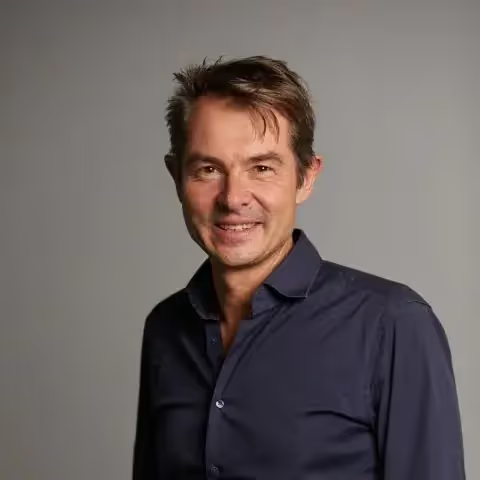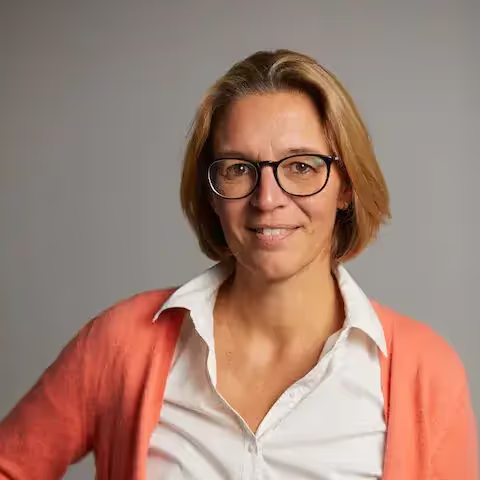In a thought-provoking episode of the Climate Insiders podcast, Martin Stuchtey, founder of the Landbanking Group and co-founder of Systemiq, delved into the transformative idea of recognizing nature as capital. The conversation explored the potential for an economic revolution where the intrinsic value of nature is formally integrated into our financial systems.
The discussion kicked off by addressing a fundamental paradox: while most people cherish nature, actions to protect it often lag 00:00:00 - 00:01:06. Stuchtey pointed out how our perception of wealth has shifted from being deeply intertwined with nature to a focus on private assets at market prices, frequently sidelining nature's true worth in the pursuit of economic growth 00:01:38 - 00:01:57.
This oversight, it was argued, has led to environmental degradation that now poses significant threats to our climate, biodiversity, supply chains, and infrastructure 00:02:52 - 00:03:12.
A central theme was the possibility of evolving our current extractive capitalist model into a regenerative one that genuinely values intangible assets like nature 00:03:31 - 00:03:56.
While people intuitively grasp nature's importance 00:04:31 - 00:04:51, the challenge, Stuchtey suggested, lies in establishing a system that assigns legal rights and recognized value to nature, allowing it to be viewed as a form of wealth 00:04:45 - 00:05:05.
Introducing "natural capital accounts," Stuchtey explained these as a means to digitally represent nature's value. Such accounts would enable individuals and entities to demonstrate and track their contributions to building nature capital, potentially forming an underlying asset to index future wealth 00:05:15 - 00:05:58.
This concept draws parallels to a "Bretton Woods 2.0" moment, where the economic system could be pegged to nature, much like it was once pegged to gold, to tackle current ecological and economic crises 00:08:16 - 00:08:41.
While the increasing recognition of risks associated with nature degradation by central banks and economic players might be an immediate catalyst for change 00:11:15 - 00:11:35, the conversation also stressed the opportunity for a more profound, positive paradigm shift beyond just risk mitigation 00:12:40 - 00:13:00.
Stuchtey highlighted that much of our past economic growth was effectively "borrowed" from nature, a form of capital now depleted, leading to tangible negative impacts on productivity 00:13:13 - 00:13:43.
The discussion critiqued current approaches like carbon credits and pollution penalties, which often treat nature as a cost or externality 00:16:03 - 00:16:33. Instead, the imperative is to recognize nature's intrinsic value and manage it as diligently as other essential forms of capital 00:17:57 - 00:18:17.
Accountants, Stuchtey proposed, could be pivotal in this revolution by placing nature on financial balance sheets, thereby shifting its perception from a mere cost to a valuable asset 00:25:30 - 00:25:55.
The podcast also touched upon the broader societal shift in values, with an increasing prioritization of non-monetary aspects of well-being, and noted emerging opportunities for positive change in various regions, including Namibia, Kenya, and the Middle East 00:29:04 - 00:29:34, 00:34:53 - 00:35:23.
Ultimately, the conversation underscored a generational obligation to foster a more sustainable future through a system-centric approach 00:43:59 - 00:44:55.





